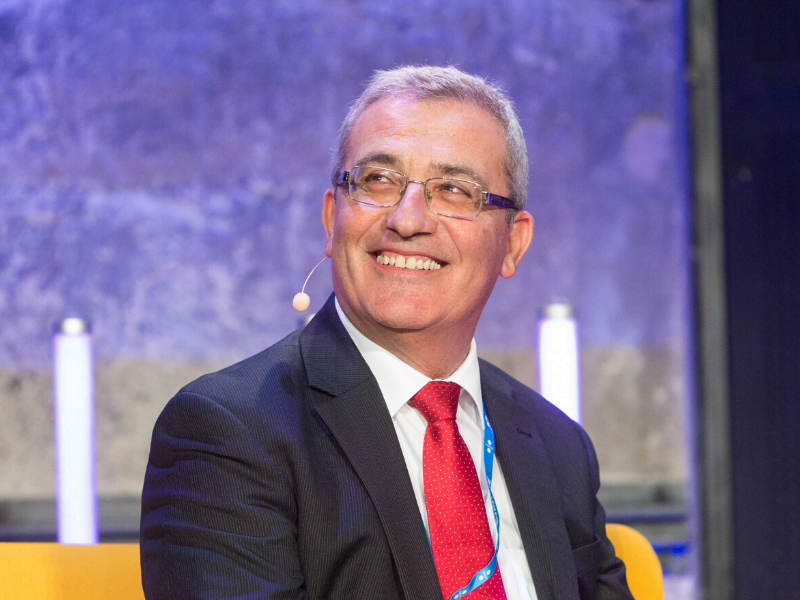Four years ago, Evarist Bartolo, then Education Minister, compared the political climate in Malta to that created by George Orwell in his critique of politicians’ tyrannical misuse of power in his book Animal Farm.
Bartolo, in one of his daily morning musings on Facebook, had put up a post (one of a series) targeting Joe Bannister, then chairman of the MFSA, asserting that Bannister’s directorship of funds in an offshore tax haven rendered his position untenable.
At the time, Minister Konrad Mizzi’s ownership of a secret Panama company had just come to light. I had asked Bartolo whether he considered Mizzi’s position tenable. Bartolo replied: “All men are equal but some are more equal than others.”

By quoting that famous phrase from Animal Farm, Bartolo admitted the situation in Malta was Orwellian.
It’s a shocking statement. It’s even more shocking when it comes from the Minister of a country that is supposed to be a democracy upholding human rights and the rule of law. Orwell’s account was a critique of Joseph Stalin’s brand of communism.
It seems that, for Bartolo, the principle that “all men are equal but some are more equal than others” is an immutable and unassailable fact of life. He fails to realise that it is his duty as a Minister to ensure that such a state of affairs is challenged because it flies in the face of the most fundamental universal human right: “All human beings are born free and equal…”.
It flies in the face of the rule of law, which should ensure that everyone is judged by the same yardstick.
Four years down the line, Bartolo is Foreign Affairs Minister but his views on human rights and the rule of law remain just as shocking, and exactly what one would expect from someone in the service of a dictatorship.
In an interview with Tim Sebestian on DW programme Conflict Zone, Bartolo said: “unfortunately the rule of family or the rule of friends is stronger than the rule of law”. “Personal networks are stronger than institutional ones,” he added.
Again, he makes the assertion as though these are immutable and unassailable facts of life while skimming over his duty in this scenario.
Throughout his political career, Bartolo has always gone to great lengths to portray himself as a man of integrity. But people of integrity do not say one thing and do another; they do not believe in a value or a principle and fail to uphold it. During the interview it became painfully obvious that Bartolo’s actions did not match his words.
People with integrity are true to themselves and their principles. Bartolo, by his own admission, is not true to his principles.
Men of integrity do not lie. “It’s only recently that things became so clear to us,” he said during the interview, referring to the unprecedented corruption at the highest levels of government. If it was clear to the rest of the world that Joseph Muscat, Keith Schembri, Konrad Mizzi and the rest of the gang were up to no good, it’s not realistic or credible that Bartolo did not realise.
Men of integrity do not serve in the Cabinet of a prime minister who earned the title of the most corrupt politician in 2019, joining the likes of Russia’s Vladimir Putin and Azerbaijan’s Ilham Aliyev.
Integrity is like virginity. You either have it or you don’t. Bartolo doesn’t.
This is the man who now represents and speaks for our country as Foreign Affairs Minister. This is the man tasked with repairing Malta’s reputation, which he was complicit in tarnishing.
He will not manage to do that. Cosmetic changes will not achieve the goal of restoring Malta’s reputation to where it stood pre-2013.
It takes a man of integrity who represents a government of integrity to build a solid reputation for a country. As was clear in that painful interview, Bartolo continues to remain complicit in the tarnishing of Malta’s reputation, now under Muscat’s anointed successor.
He wants us to take his word for it: Things will change, presumably thanks to more of his efforts ‘behind the scenes’. But his track record speaks for itself.












